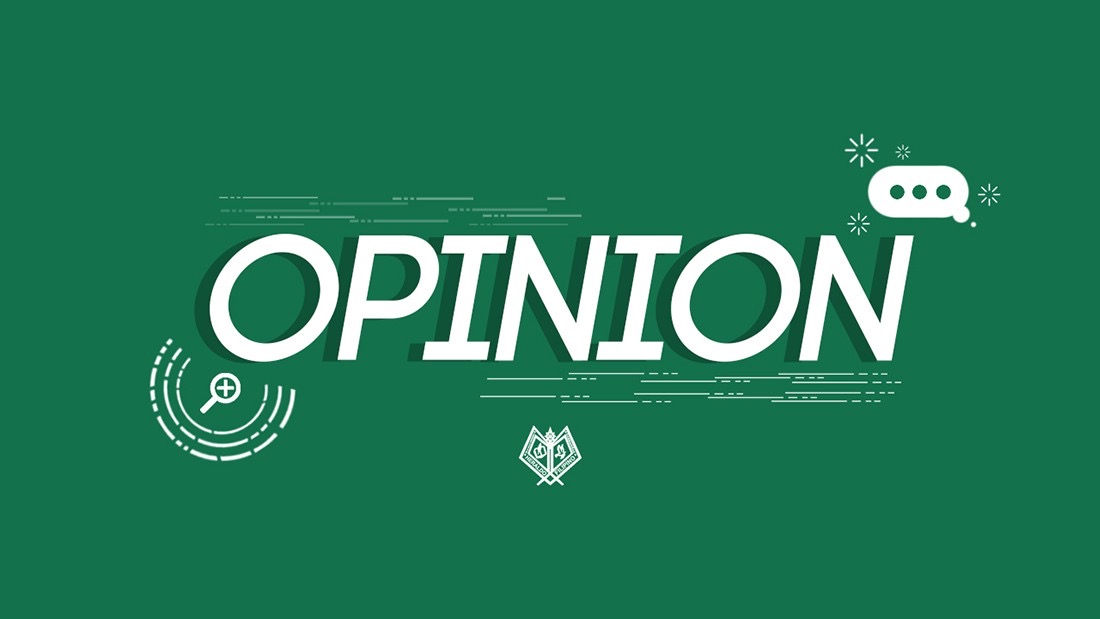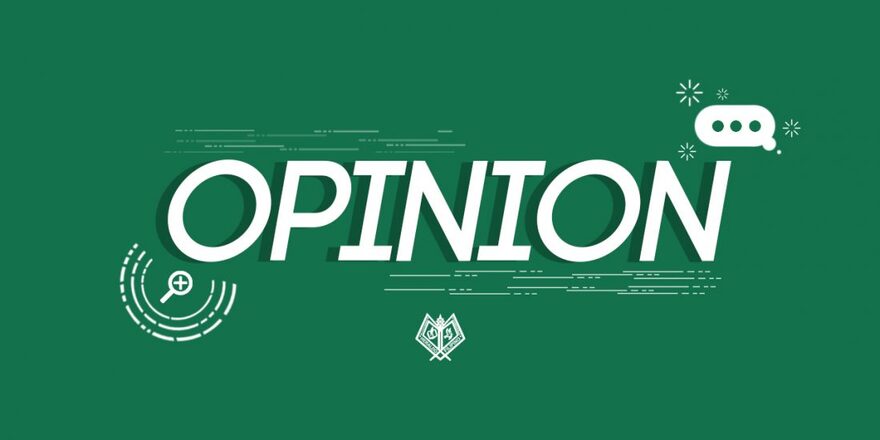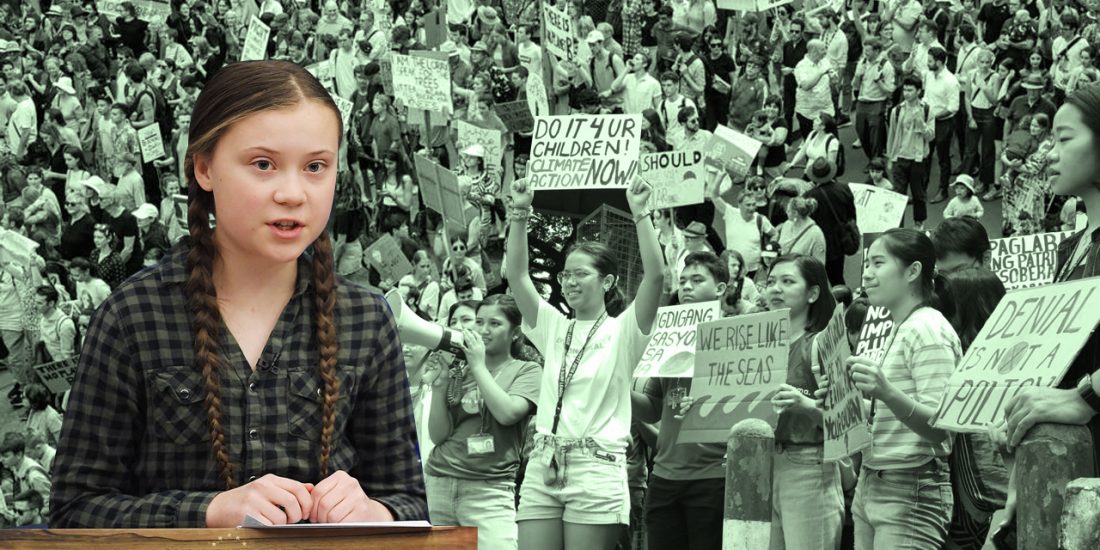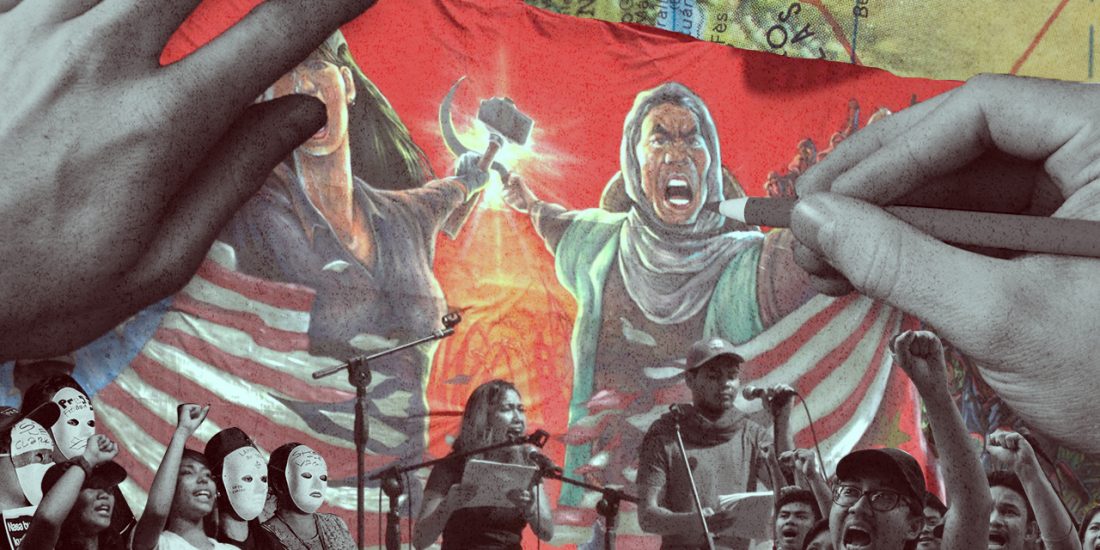Your children are not your children
Originally published in Heraldo Filipino Volume 38, Double Issue
“Your children are not your children… They come through you but not from you” is a quote from On Children by Kahlil Gibran. Whether it is astounding or relatable is for you to decide. This was the start of my radicalization.
Posted and spread in 2019 to red-tag former Kabataan Partylist Representative Sarah Elago was an image quoting her to have said, “Ang inyong mga anak ay hindi ninyo mga anak… dumaan lang sila sa inyo ngunit hindi niyo sila pag-aari,” an obvious rage-bait and was used to spread misinformation about what she, among many youth activists, stands for. Through this, Ma and Pa would make her an example of a girl who lost her way, hence fear around the word “activism” was already instilled to me early on. Though I take what my parents say with a grain of salt, there was a time that I got used to their repetition. At some point in my life, I even believed it. There was a time when I decided being an activist was the last thing I would think of doing. It was a radicalization in disguise as truth shall always prevail; and when I learned that Elago was not who my parents made her seem to be, I decided that I was on my own.
Activism is defined as a campaign for social justice.
One word, eight letters—I unlearned a programmed belief by learning again.
First thing I needed to unpack was why I feared activism in the first place. One reason was that it would ruin my future, as my parents instilled in me, which I learned was false. Refraining from activism will be our decay. Sitting idle and unaware shall only give power to our oppressors: presidents, state forces, even universities. Another reason was because it was an unfamiliar territory. I overcame this by immersing myself in protests, marching with workers and demanding higher wages, listening and truly understanding what our farmers go through as their land is being stolen from them, the plight of different communities, and how we can fight with them. There are truly a lot of societal issues that need our attention the most, especially in the very nation we are in.
Now, I did not overcome my hesitations alone. I’ve been fortunate to be surrounded by people who care about the local community and have already overcome their own hindrances, too. You can’t tell me that students can’t be educators as I have been educated by peers who are members of the youth, and some even younger than me. While I sat in between neutrality and revolt, oppression ensued around me and to me, unknowingly. Knowing what I know now, resistance in the end made complete sense.
In a society where tradition often clashes with the need for personal freedom, finding ourselves can mean facing fears passed down to us. Activism, despite being seen as rebellion by those who misunderstand it, is a way to learn and grow when we start being open-minded. Once we break away from ideas meant to keep us quiet, we should also see that resistance is more than just pushing back—it’s about realizing our power to make a difference. This understanding sets us free from misinformation and helps us connect with others who also choose to stand up. As we listen to those around us and take part in fighting against oppression in our community, we begin to see things clearly. There is always a courage inside of us. Our voices can create change.
False quote as it may be, I do agree that our parents do not own us. Sure, they care for us, feed us, and put a roof over our heads. But those are their duties as our caretakers and it shouldn’t cost us our individuality; our freedom of expression. We are our own person with minds, personalities, and effect in the world. Our actions and inaction leaves a mark. If you’ve read this far, it’s not too late to join the struggle. “Makibaka, huwag matakot,” as we say, but welcome the fear, and take the leap anyway. In the world of repressive systems, let’s fight our way to freedom.





